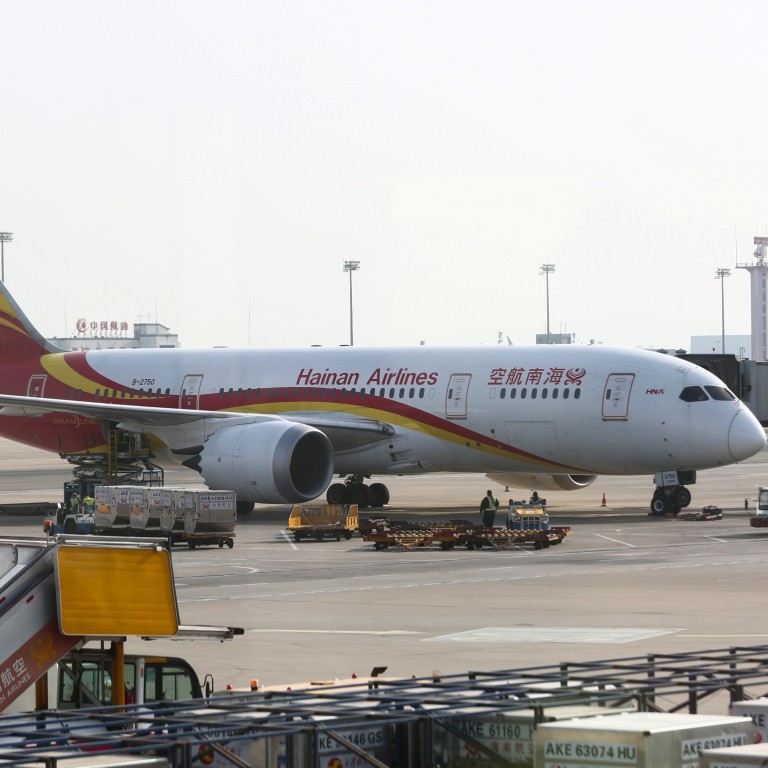
HNA Group faces US$187 billion in claims from 67,400 creditors, according to bankrupt conglomerate’s online meeting
- HNA has confirmed 405.7 billion yuan in claims as valid and has rejected 353.5 billion yuan in claims
- Another 156.5 billion yuan in claims are being assessed as part of a preliminary review while some claims have yet to be reviewed
China’s HNA Group said some 67,400 creditors are seeking a total of 1.2 trillion yuan (US$187 billion), according to a person who attended the conglomerate’s online meeting for creditors on Friday.
The company has confirmed 405.7 billion yuan in claims as valid and has rejected 353.5 billion yuan in claims, the person quoted Ren Qinghua, the head of HNA’s liquidation team, as saying.
Another 156.5 billion yuan in claims are being assessed as part of a preliminary review while some claims have yet to be reviewed, added the person.
The person was not authorised to speak to media on the matter and declined to be identified.
HNA declined to comment.
Under Chinese law, a six-month period is usually given for restructuring although that can be extended for three months. If restructuring goals agreed with regulators and creditors are not met by that time, then a firm is broken up and its assets are sold.
HNA, whose flagship business is Hainan Airlines, used a US$50 billion debt-fuelled acquisition spree to build an empire that included stakes in businesses from Deutsche Bank to Hilton Worldwide.
But its spending and debt levels drew scrutiny from the Chinese government and overseas regulators. Its liquidity woes deepened when the Covid-19 pandemic paralysed travel demand last year, forcing the company to ask the Hainan government to step in.

